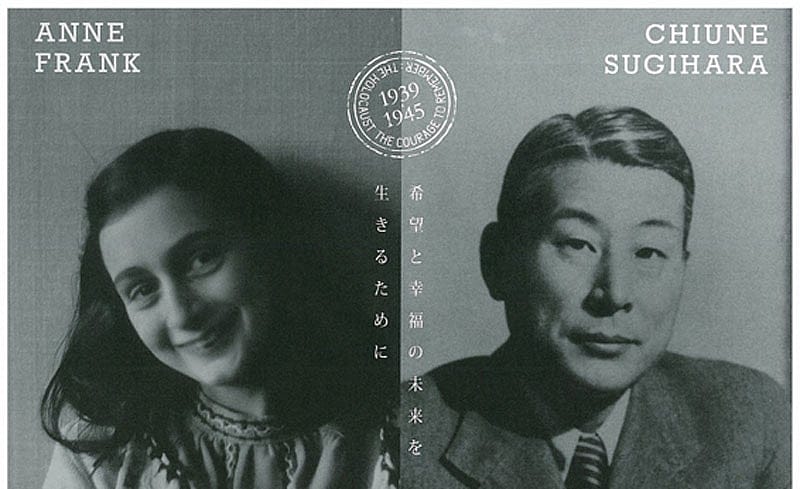Japanese ‘Schindler’ honored decades after WWII

TOKYO — As world attention is focused on the plight of migrants fleeing conflicts in Syria and Iraq, a Japanese diplomat who risked everything to save thousands of Jewish refugees during World War II is finally getting his due.
Chiune Sugihara was Japan's vice consul in Kaunas, Lithuania, when he defied government orders and issued travel visas allowing thousands of Jewish refugees to escape Nazi persecution in 1940. He later resigned under pressure from the Foreign Ministry and spent years in self-imposed exile.

